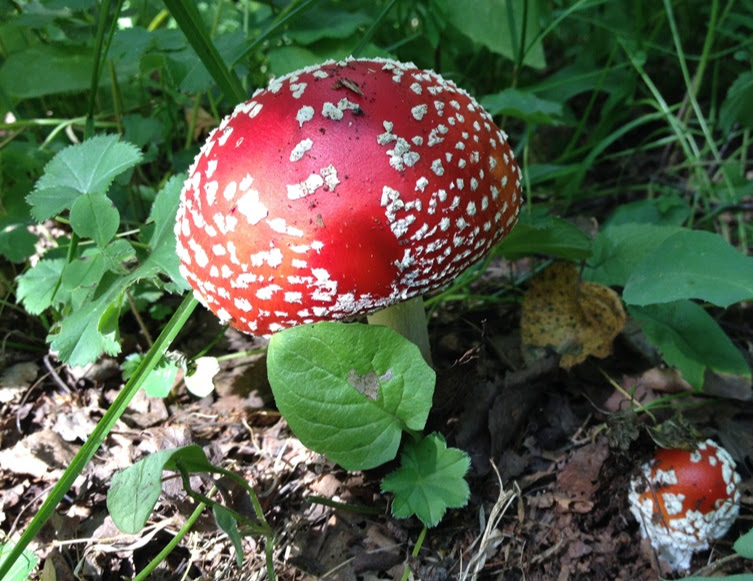Taxonomy
Kingdom Animalia (16266)Phylum Chordata (708)
Class Aves (404)
Order Caprimulgiformes (6)
Family Apodidae (4)
Genus Apus (3)
Species Apus affinis
Browse by taxonomy
Simple search by name
Apus affinis ✓
Little Swift, მცირე ნამგალა
Name According To: http://datazone.birdlife.org/species/taxonomy
Species: affinis
Taxon Rank: Species
Scientific Name Authorship: (Gray, 1830)
Vernacular Name: Little Swift
Georgian Name: მცირე ნამგალა
GBD Remarks:
NC
Species seasonal life history at a given site:
YR-R = Year-round resident; breeder, present throughout the year.
YR-V = Year-round visitor; non-breeder, present throughout the year.
BB = Breeding bird; breeder, absent during non-breeding period.
SV = Summer visitor; non-breeder, present in spring and summer.
WV = Winter visitor; non-breeder, present in late fall, winter and early spring
M = Migrant; bird of passage; present primarily in fall and spring.
ND = Not defined; found but its status not known yet.
FB = Former breeder.
Cas = Casual; recorded irregularly; less expected because normal range is far away.
Page Authors: Zura Javakhishvili , Lexo Gavashelishvili
Information from GBIF about Apus affinis
GBIF scientific name: Apus affinis (J.E.Gray, 1830)
GBIF taxonomic status: ACCEPTED

Conservation Status
This section is under construction
National Red List Status: NE
IUCN Red List Status: LC
Protection status: Not defined
Reason: N/A
Trend: Unknown
Native/Introduced: Native
Georgian Name: მცირე ნამგალა
English Name: Little Swift
Taxonomy according to: http://datazone.birdlife.org/species/taxonomy
References: BirdLife International. 2016. Apus affinis. The IUCN Red List of Threatened Species 2016: e.T22686856A89562931. https://dx.doi.org/10.2305/IUCN.UK.2016-3.RLTS.T22686856A89562931.en. Downloaded on 17 December 2020.
Evaluated By: Paposhvili N, Javakhishvili Z, Gavashelishvili A, Abuladze A, Javakhishvili N, Dekanoidze D, Ninua L, Mamuchadze J, Shoshitashvili D, Kandaurov A.
Date evaluated: Nov 2021

